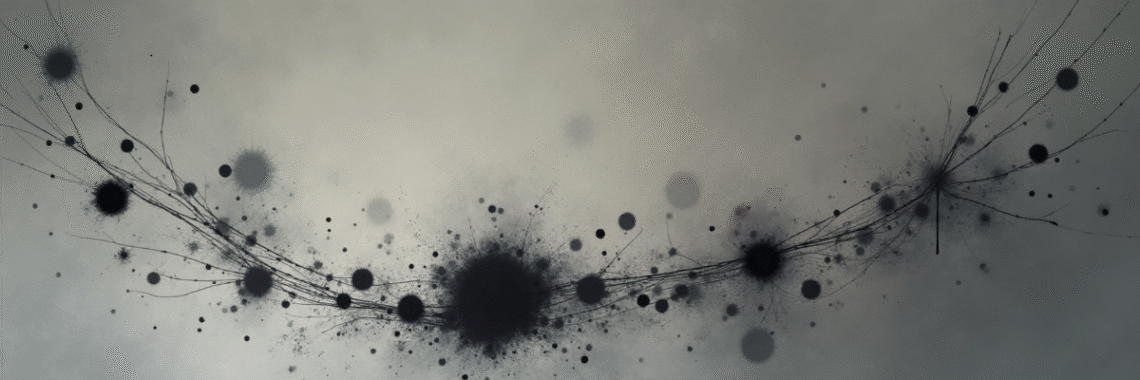The 2024 joint conference of the Society of Biblical Literature (SBL) and the American Academy of Religion (AAR) gathered San Diego, November 22 – 26, 2024, bringing together thousands of theologians and biblical scholars from around the world.
As a steering committee member for the “Scripture, Hermeneutics and the Middle East” research group at the Institute for Biblical Research, an affiliate group of evangelical biblical scholars at SBL (https://www.ibr-bbr.org/annual-meeting/research-groups/scripture-hermeneutics-and-the-middle-east-3), I assisted with planning the 2024 two-hour panel discussion, exploring how modern interpreters, Jewish and Christian, have applied the Bible to contemporary debates about, and battles for, the Holy Land. The four panelists were Bruce N. Fisk (retired from Westmont College), Yousef AlKhouri (Bethlehem Bible College), Tommy Givens (Fuller Theological Seminary), and Joshua Brumbach (The Spertus Institute). Panelists responded to various questions, including, “How has Scripture shaped your thinking about Hamas and Israel since October 7, 2023?” All four scholars engaged with one another robustly and yet respectfully, allowing raw pain to surface as they courageously shared personal stories and articulated divergent hermeneutical approaches, theological positions and historical narratives. Yet despite the emotional intensity of the conversation, all four panelists—in their own ways—cast a hopeful vision toward Israelis and Palestinians sharing the land peacefully in justice. They challenged Christians to think critically about ways in which interpretations of Scripture may even inadvertently or unintentionally harm Jewish and Palestinian communities.
At the IBR Women’s Breakfast, I was honored to present to about 150 women biblical scholars on the topic of how imagination relates to work and life, alongside esteemed colleagues Holly Beers and Jennifer Matheny. They both shared creative pedagogical approaches and assignments they use to infuse students with a sense of wonder, awe, curiosity and imagination in their study of Scripture. My presentation focused on ways in which true connection in friendship and mentoring empowers our imagination in work and life. This is not the type of imagination that puts one more layer of performance pressure on us (oh no, now I have to be both technically proficient AND wildly imaginative?), but rather a Sacred, Spirit-led and Scripturally grounded imagination that empowers the full expression of our prophetic witness for service in the kingdom of God. I encouraged the women to consider how sacred imagination may forge greater freedom for us to step more fully into God’s callings for our lives—resulting not in burnout, but in the flourishing of our souls and of those whom we serve. I closed my talk with this challenge: what would you write, say or do if you couldn’t fail? I was grateful for the opportunity to present, but I was even more grateful for the conversations and new friendships that ensued.
Among the many sessions I attended, two stood out to me. First was Marc Groenbech-Dam’s paper on the Hebrew word “nagid” (prince or leader) as Deuteronomistic in 1 Samuel. He built upon April Westbrook’s monograph, highlighting how the use of the term “nagid” in woman stories signifies the ethical demands of the ruler as a vassal in relationship to YHWH. It was a joy for me to watch one of my colleagues building upon the work of another, sharing such positively received and groundbreaking research with the broader academic community. Second was Alaine Buchanan’s (https://www.northcentral.edu/academics/alaine-buchanan/) paper on holistic care in online education. She presented creative pedagogical ideas for personal and substantive connections with students, particularly in asynchronous online courses, emphasizing authentic relationships. She encouraged professors to ask, “Who am I becoming? Who are the students becoming? Who are we becoming together on the journey?”
Two other gifts from the conference were connecting with Vanguard theology alumni who are pursuing graduate and post-graduate education, as well as with fellow Pentecostal scholars and friends over a Spaghetti Factory dinner. As I reflect upon the conference, gratitude overwhelms me for the opportunity to grow professionally, to see the impact students and scholars from Vanguard are having in the broader academic guild, and to connect with colleagues who continually inspire me as they glorify the Lord through their scholarship and service.




